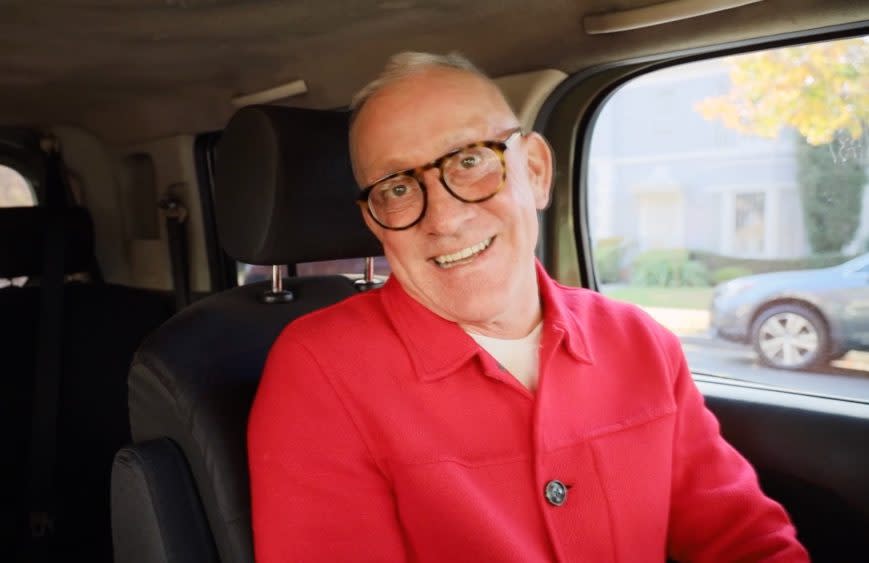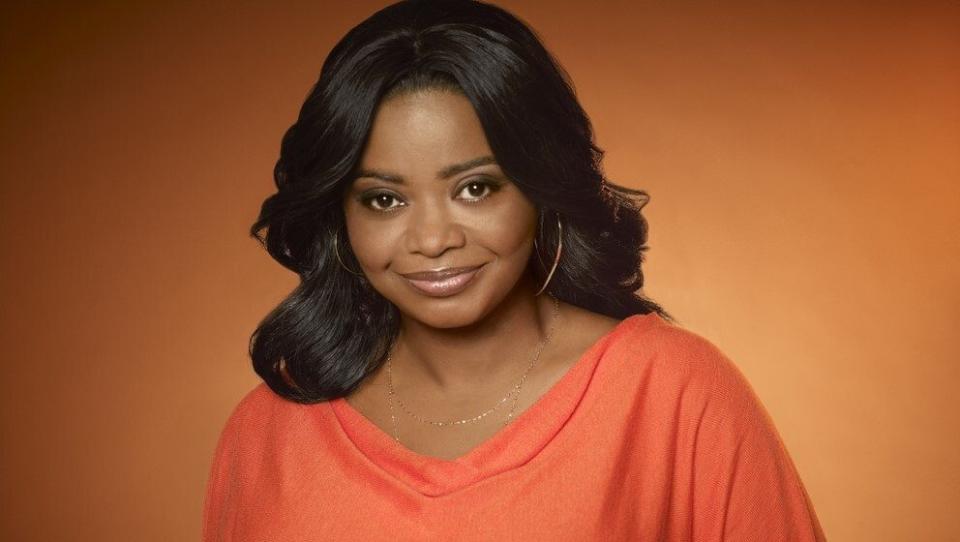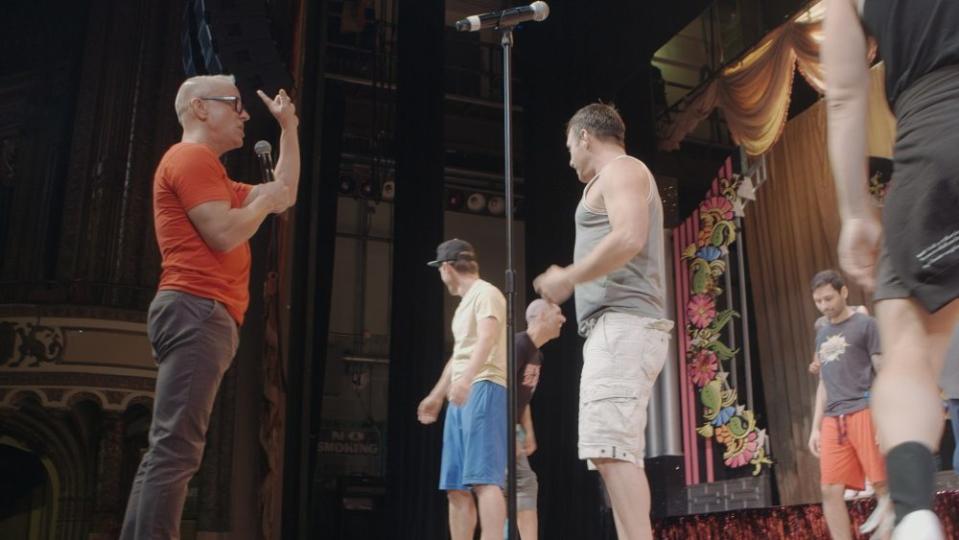“A Wild Journey”: Long-Term HIV Survivor Jeffrey Drew Risks His Life To Undergo Experimental AIDS Cure In ‘Right To Try’

There are people who live their lives in service to others, and then there’s Jeffrey Drew.
For decades the Los Angeles-based casting director lived with HIV, managing the disease—like countless other people—with expensive but effective antiretroviral medications. When the opportunity came about in 2019 to participate in a clinical trial of a potential HIV cure, Drew had every reason to say no: He was doing fine on his meds, and the experimental treatment could destroy his health. Despite the risks, he said yes.
More from Deadline
Outfest: Documentary ‘AIDS Diva’ Celebrates Life, Pioneering Work Of
'Supernatural Academy': Peacock Orders YA Animated Series, Sets Cast & Premiere Date
“The treatment was so uncertain and new,” Drew tells Deadline. “I was certainly getting very ill for about a month. I thought, ‘My god, what did I do?’”
Drew’s decision to take part in the trial and its impact on him is explored in the short documentary Right to Try, directed by Zeberiah Newman. The film, which is contending for Oscar consideration, debuted on the Peacock streaming service December 1, World AIDS Day.

Peacock
He put his life on the line “not to cure my own HIV,” he says, but for the sake of others. “People are on medications, but there are people around the world that are still dying because of HIV and AIDS. And, so, I just felt like, why not, why not be a part of this?”
Drew wasn’t paid to take part in the trial. The study wasn’t done under the auspices of major pharmaceutical companies—another reason he agreed to participate.
“It wasn’t attached to Big Pharma,” Drew notes. “It wasn’t attached to anything. I believed in the science of it and I trusted the scientists and the people that were involved with it. I was like, ‘OK, I’m going to see how this goes. Who knows? Who knows?’ It’s been a wild journey. It’s been a really wild journey.”
“It’s like a David versus Goliath story,” says Newman, whose day job is working as a producer on The Late Late Show with James Corden. “Goliath is Big Pharma… In this country, disease has been monetized in a way that the more people who need access to treatment, the more money [pharmaceutical companies] make. They’re incentivized to just create more treatments and not cure things. In our film we, in a very brief way, sort of highlight the idea that there will be no cures to these diseases unless there is action from the people, because the companies who create the treatments are making so much money–billions and billions and billions of dollars.”

CAA
Oscar-winning actress Octavia Spencer signed on as a producer of the film. At a Q&A moderated by Corden last week in Los Angeles, Spencer said after she learned of the film through an article, she and her team immediately wanted to become involved.
“I just remember watching the movie–and when we got the reset button with this pandemic, you realize that you have to be of service,” Spencer said. “I thought, ‘Well, this is a way that I can help because I want to be able to push this story out there.’ And they had done such an amazing job… I kept wanting to make sure that the word got out. We need to do something about how medicine is distributed in this country. And for Jeffrey to be so selfless–I don’t know that I can ever do that.”
Drew’s history of looking out for others goes back to when he was first diagnosed with HIV over 30 years ago.
“I tested positive at the bleakest time of the AIDS epidemic, a young gay boy,” Drew said at the Q&A. “These men that I met 30-something years ago were like, ‘You’re going to go [help].’ …This is what we all did collectively. And I saw these men dying with humor and grace and yet they taught me about service that, ‘We’re going to go here at 10:00. We’re dropping off fresh towels and we’re going to change the sheets. And then at 12 o’clock, we’re bringing food.’ It was about service… Service gives me purpose today and I’m not here to take, so much as to give back.”

Peacock
So far, the experimental treatment Drew underwent has been working beautifully and his viral load remains undetectable. He does worry that a big pharmaceutical company may try to swoop in and patent the treatment. That’s out of his hands, however. What is within his grasp is serving as a role model to others.
“It’s my life today, whether it’s putting on shows or raising money,” he said. “I’m not smart enough to cure AIDS or cancer or anything fantastic like that. But I can give service and I can go help someone find treatment or be kind, all that stuff. That’s what’s really important in my life for me, that if I die tomorrow, that people will know that, ‘Oh yeah, that Jeffrey, he was a good one. That’s a good egg. He was of maximum service in this life.’”
Best of Deadline
New On Netflix For December 2021: Day-By-Day Listings For TV Series, Movies & More
New On Amazon Prime Video For December 2021: Daily Listings For Streaming TV, Movies & More
Most Popular Netflix Movies & TV Series, Ranked By Total Viewing Time
Sign up for Deadline's Newsletter. For the latest news, follow us on Facebook, Twitter, and Instagram.

 Yahoo Finance
Yahoo Finance 